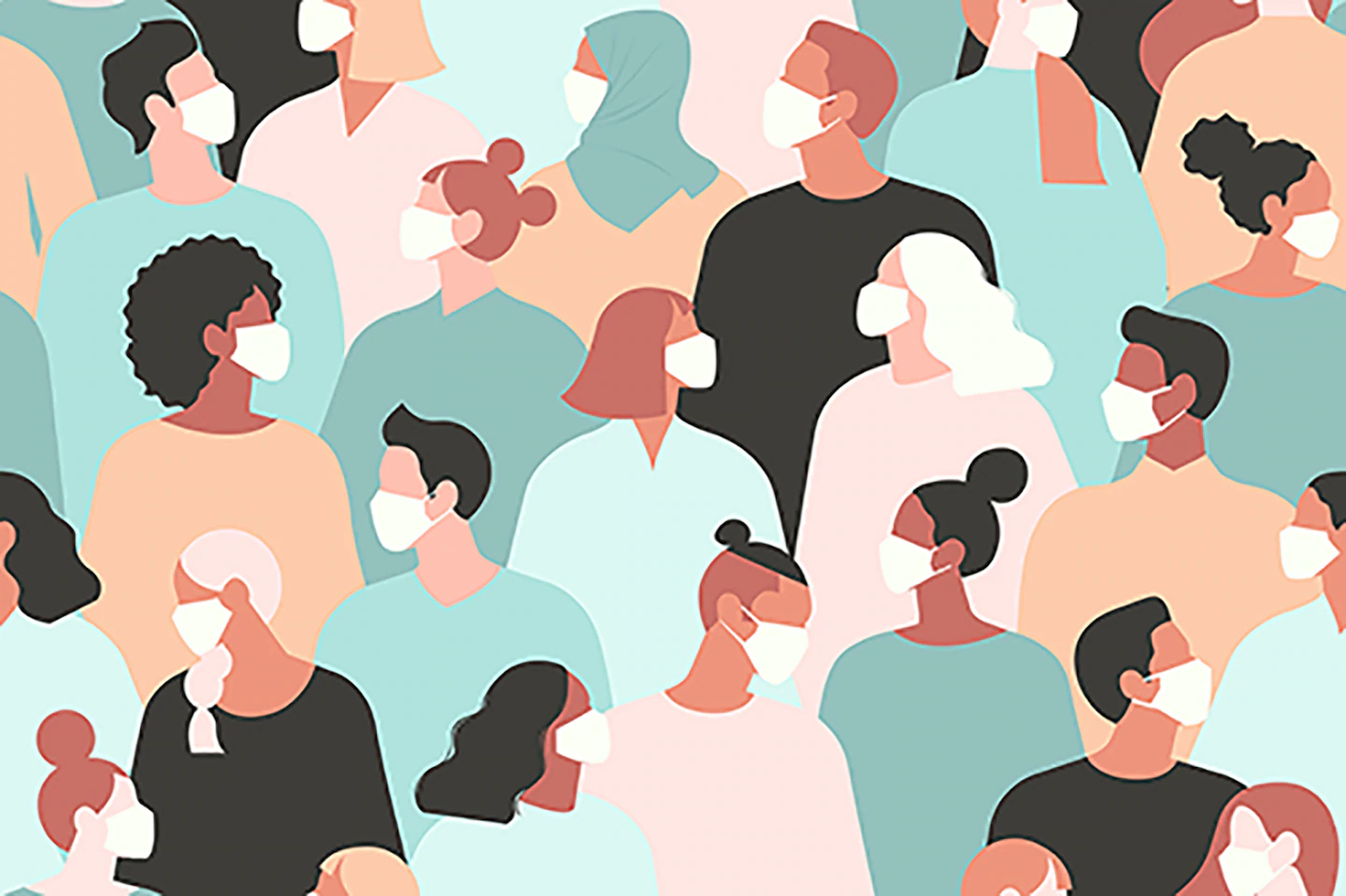Please Note
The Washington Post is providing this important information about the coronavirus for free. For more free coverage of the coronavirus pandemic, sign up for our Coronavirus Updates newsletter where all stories are free to read.
Americans are being swabbed by the thousands to learn if they have covid-19, the disease caused by the novel coronavirus. It’s how many are determining their risk of contracting or spreading the virus to someone else.
Experts say testing is a vital component to controlling the outbreak, but one test result still isn’t a green light to visit vulnerable friends or family members. The nature of covid-19, the time it takes for someone to develop symptoms and the varied ways the virus affects people make each test a snapshot in time more than a definitive answer.
“I personally wouldn’t consider a single test a license to go see my parents, who are older and would be at higher risk,” said Carl Bergstrom, a University of Washington biology professor who studies infectious diseases.
The viral swab tests, seen at drive-through clinics across the country, tell people whether they’re infected with the novel coronavirus on that particular day, said Lucy Wilson, an infectious-disease specialist and a professor at the University of Maryland Baltimore County.
It takes time for the coronavirus to replicate to a critical mass for a swabbing test to detect it. The time this process takes varies from person to person and ranges from two to 14 days, experts say.
“The problem is this virus is a strange virus,” Bergstrom said. “The timing varies a lot in people.”
Imagine that you become infected today and are tested tomorrow; Bergstrom said “we have every reason to believe you’re going to test negative, even though you’re infected.”
On average, people tend to show symptoms or test positive for the virus about five days after exposure, Wilson said.
“It’s just like a pregnancy test,” Wilson said. A pregnancy test can detect only certain hormones after a certain number of days or weeks, but it doesn’t mean you’re not pregnant.
If you do start developing symptoms, such as a fever, sore throat or loss of smell, experts say you should absolutely get tested for the coronavirus. Wilson said people need to determine whether the symptoms they’re experiencing are a result of the coronavirus or are another illness — such as strep or the flu.
The Centers for Disease Control and Prevention advises anyone with symptoms to stay home and self-isolate as much as possible.
If you’ve been in contact with someone who has covid-19 but you don’t have any symptoms, Wilson said, you should consider a 14-day self-quarantine and discuss whether to get tested with your health-care provider.
As the Atlantic reported last month, it’s still not clear how accurate viral tests are for people who haven’t developed symptoms. There’s a degree of uncertainty, even with a negative test result, and not a lot of data to determine exactly how early a swab test can start to detect the infection for a person showing no symptoms.
On top of all this, the rising demand for more testing has led to week-long delays for

